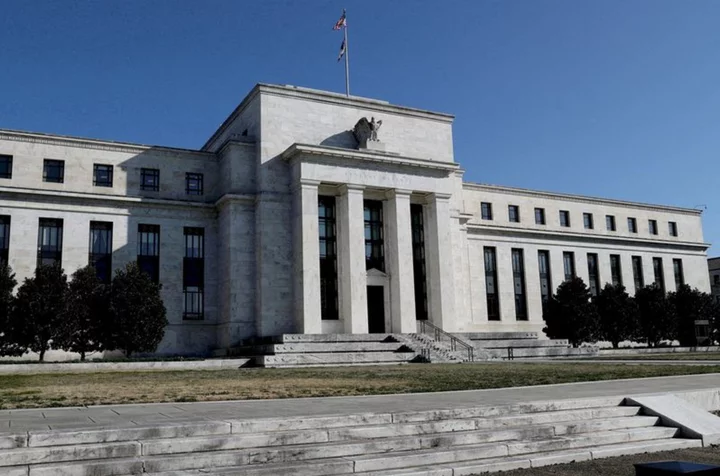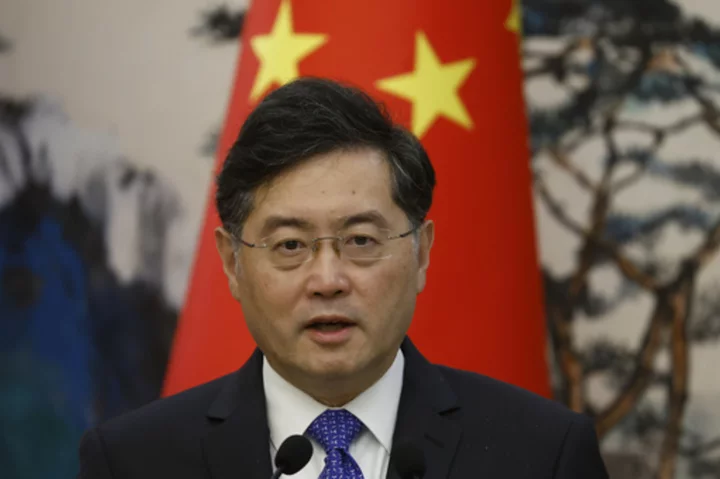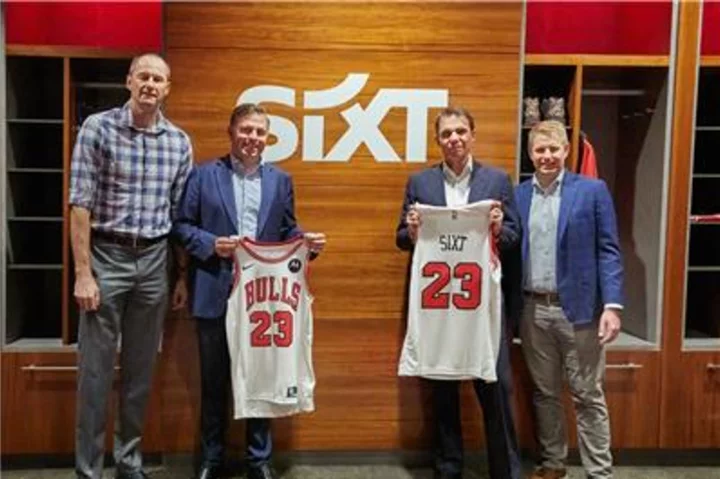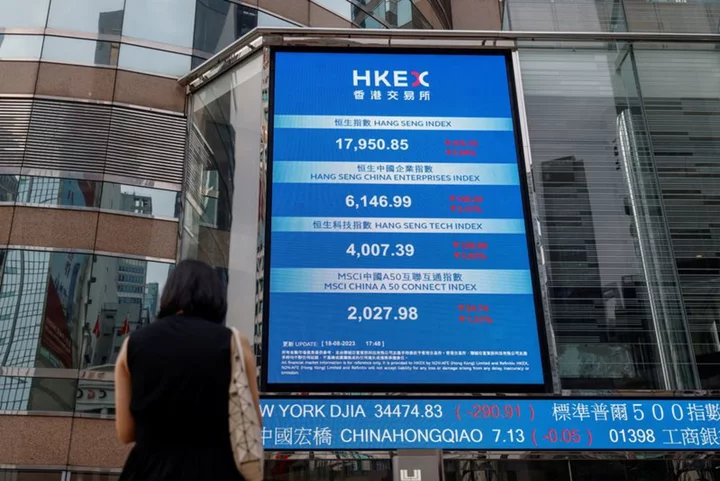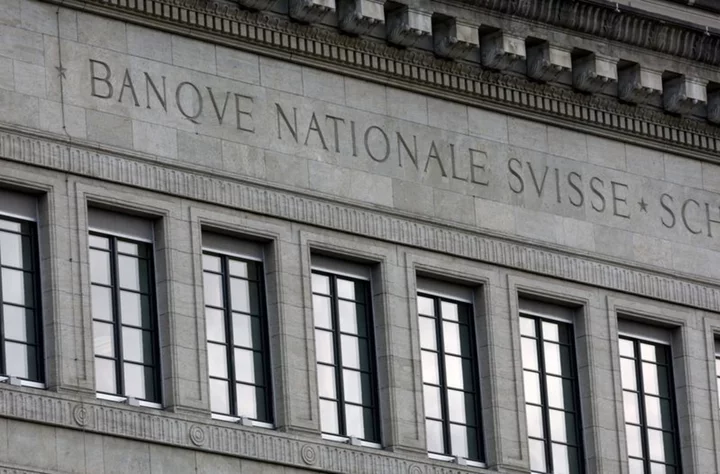By Marc Jones
LONDON The credibility and independence of central banks around the world is at risk if stubbornly-high global inflation rates are not bought under control, the head of the Bank for International Settlements has warned.
The BIS, often referred to as the central bankers' bank, has been calling for a robust attack on inflation over the last year having, like most major institutions, initially underestimated the impact COVID-era stimulus would have.
Speaking in Brazil, Agustín Carstens, the bank's general manager, said a tough response to inflation was fundamental for maintaining trust in central banks' ability to keep economies on an even keel.
"If trust evaporates, the capacity to make effective public policies disappears," Carstens said, explaining that it was the first time younger generations in many countries had experienced inflation eroding living standards.
Once it takes hold, inflation can become increasingly difficult to stop, Carstens said.
Cooling price pressures was essential, he added. "Otherwise, the credibility of monetary policy, and the autonomous central banks responsible for implementing it, will be called into question."
Carstens' comments come as one of the fastest and most comprehensive increases in global borrowing costs in history shows signs of coming to an end.
Financial markets are pricing in a strong chance that the U.S. Federal Reserve, which has led the charge global higher over the last 18 months, will start cutting its rates towards the end of this year.
Carstens said maintaining trust in the banking sector was no less important than in a central bank and took aim at cryptocurrencies, the risk of a "two-tier" monetary system, and the increasing role of firms other than traditional-style banks.
"The need for greater supervision and regulation of the non-bank sector has become more pressing in the light of recent episodes of instability," he said.
Turning back to the inflation battle, he said the process could run into obstacles, particularly as policymakers try to get it back to their preferred sweet spot, which is around 2% for the Fed and other major central banks.
"Over the coming years, monetary policy should focus squarely on bringing inflation back to levels consistent with central bank objectives".
(Reporting by Marc Jones; Editing by Christina Fincher)

